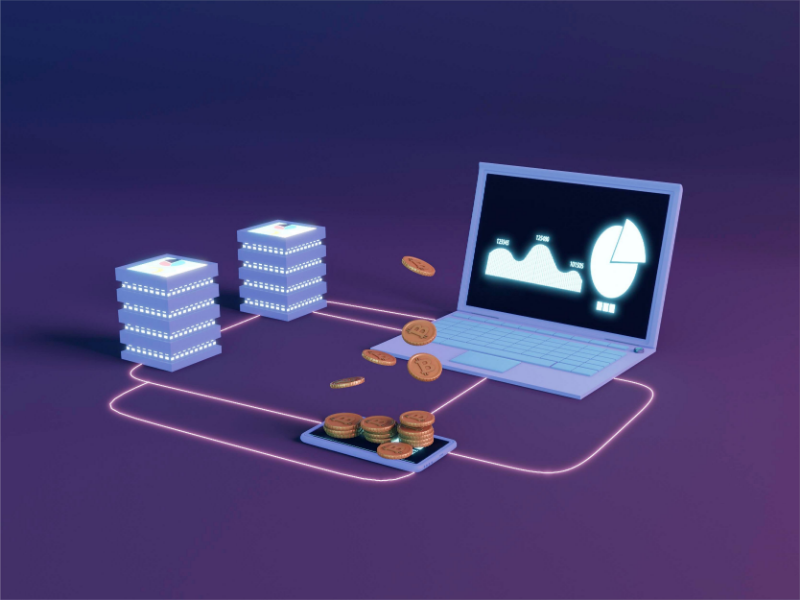- The newly enacted US law has conferred upon the president sweeping powers to impede access to digital assets, eliciting considerable unease among experts in the field.
- Renowned digital assets commentator Scott Johnsson condemned the legislation, expressing concerns about its far-reaching implications. He questioned the law’s intent, suggesting it could potentially lead to a blanket ban on user-level protocols and smart contracts associated with foreign sanctions violators.
- Observant users on X platform highlighted Senator Mark Warner’s strategic inclusion of legislative components, facilitating the grant.
OUR TAKE
Granting such extensive powers to the president not only threatens individual freedoms but also poses significant challenges to the principles of innovation and decentralisation. It’s a reminder of the delicate balance needed between security measures and preserving the fundamental values of a free and open digital economy.
—Dudu, BTW Reporter
A recent enactment in the United States has bestowed unprecedented authority upon the president to restrict access to digital assets, triggering widespread apprehension over its extensive implications and potential repercussions for users.
Unprecedented presidential authority
The newly enacted US law has conferred upon the president sweeping powers to impede access to digital assets, eliciting considerable unease among experts in the field.
Also read: Digital asset inflows recover while ETF activity slows down
Criticism from digital assets expert
Renowned digital assets commentator Scott Johnsson condemned the legislation, expressing concerns about its far-reaching implications. He questioned the law’s intent, suggesting it could potentially lead to a blanket ban on user-level protocols and smart contracts associated with foreign sanctions violators.
Also read: US tech giants urge India to rethink Digital Competition Law
Legislative maneuver by Senator Warner
Observant users on X platform highlighted Senator Mark Warner‘s strategic inclusion of legislative components, facilitating the grant of extensive powers to the president over digital assets.
Broad definition of digital assets
The law broadly defines “digital assets” to include various forms of digital representations of value recorded on cryptographically secured distributed ledgers, encompassing communication protocols, smart contracts, and other related software.
Implications for transactions
Under the new law, the president is empowered to obstruct transactions between US individuals and foreign entities implicated in supporting terrorist organizations. This extends to imposing stringent conditions on foreign financial institutions operating in the US if found facilitating such transactions.

